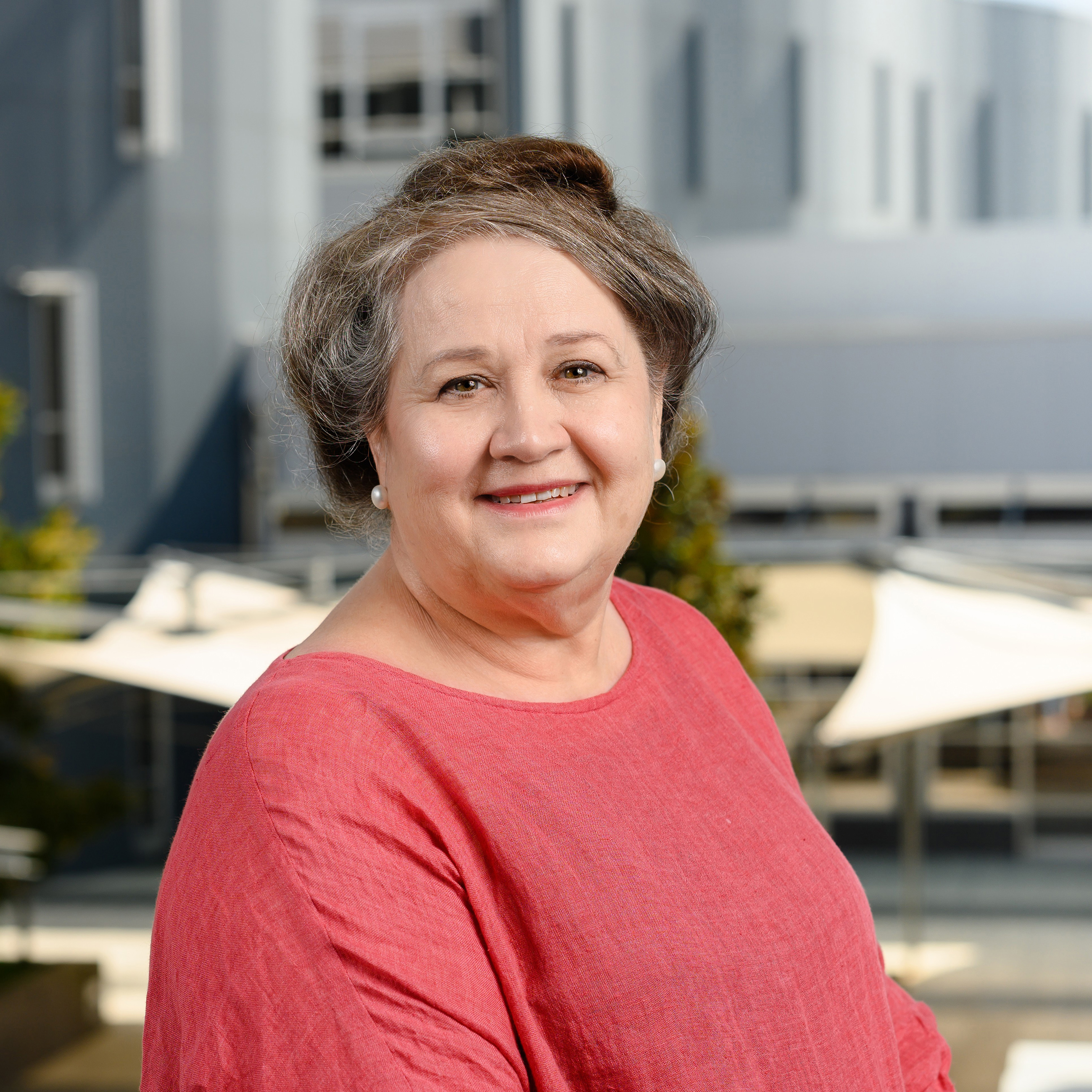The QUT-led has announced a new partnership with that will see the two organisations collaborate on research, policy and advocacy to promote digital wellbeing for young children.
The collaboration was announced at an event with the Minister for Communications Michelle Rowland at the Museum of Australian Democracy in Canberra this morning.
Digital Child Director and QUT Distinguished said the partnership was an exciting opportunity to combine the expertise of each organisation, allowing for meaningful work that will achieve better outcomes for children.

“The online world plays an increasingly significant role in children’s lives, and it is important that their digital experiences are safe, enriching, and fun,” said Distinguished Professor Danby, who is also a leading academic with the .
“We are thrilled to partner with UNICEF Australia to champion children’s rights and wellbeing in the online world.
“The Digital Child is driven by the goal of supporting children to be confident and safe as they grow up in a rapidly changing digital world. This new partnership will help us advance towards this goal and make a meaningful difference in the lives of Australian children.”
John Livingstone, Head of Digital Policy at UNICEF Australia, said that across the world, UNICEF worked to make the internet a safer place for children to learn, socialise and express themselves.
“UNICEF Australia is thrilled with our new partnership with the Centre of Excellence for the Digital Child, which will see us bring together the global influence of UNICEF and the expertise of world-leading Australian researchers, to improve the digital world for Aussie children,” Mr Livingstone said.
“We look forward to collaborating and showcasing each other’s work with the goal of ultimately improving digital environments that better support the healthy development and wellbeing of Australian children.”
UNICEF Australia and the Digital Child will share research and evidence across each organisation and amplify one another’s work.
The Digital Child’s mandate includes delivering evidence-based research and resources for use by all those who care for children and their digital lives.
Resources include a comprehensive guide for creating an internet more to the needs of children, the . The manifesto calls for a reimagined internet that caters for the needs of children, moving away from the ‘wild west’ of commercial, self-regulated services and towards a safer, more ethical internet.
For more resources and research from the Digital Child, visit the centre’s website: .
Pictured at top, left to right, in Canberra following the announcement of the Digital Child and UNICEF partnership are: John Livingstone (UNICEF), Aston Hawkin-Nicholls (UNICEF), Communications Minister Michelle Rowland, Lesley Podesta (UNICEF), and QUT Distinguished Professor Susan Danby.








